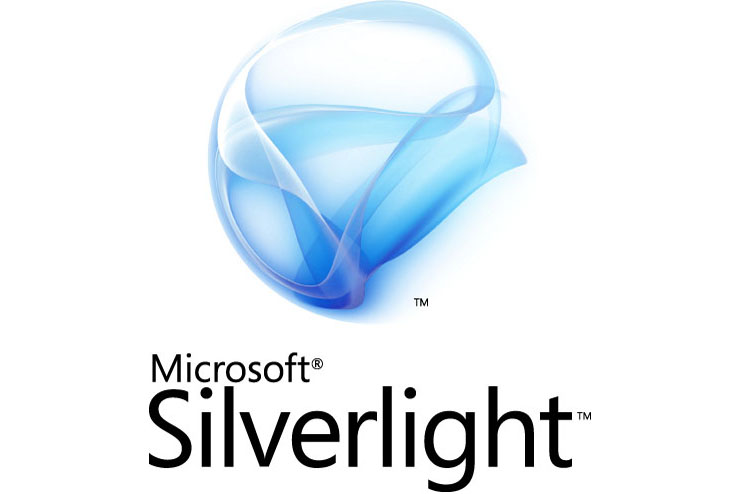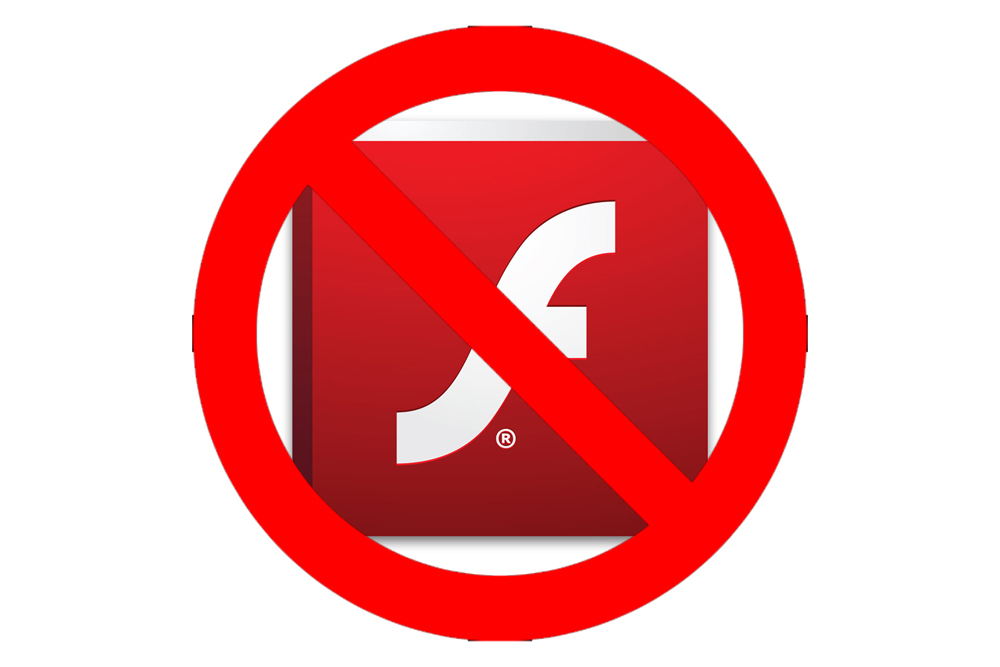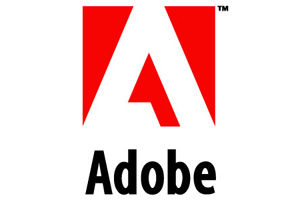Can Microsoft make a success out of Silverlight?
Just over two years ago, Microsoft launched its entry into the Rich Internet Application (RIA) marketplace. So how has Silverlight fared, and can it really topple Flash?

For end users, Microsoft's Silverlight weighs in at just a four-megabyte download, and apparently takes just 10 seconds to install. It opens up, if you buy the blurb, "next generation experiences" - whatever that actually means - as well as delivering multimedia content without any added strain on system resources.
And in taking on the market dominance of Adobe's Flash technologies, it has certainly got quite a challenge of its hands.
To be fair, it's made reasonably fast progress, too. The first release of Silverlight was in April 2007, and in July of this year, Microsoft will roll out version 3.0, of which a beta is already available.
Since it first appeared, Microsoft has reacted, to its credit, to suggestions and responses that have come from the development community and further features have been implemented. Version three, for instance, will add support for H.264 encoded content and AAC audio encoding, among many other enhancements. Developers are also regularly kept up to date with the evolution of the Silverlight platform.
Furthermore, there are the companies who have been queuing up to adopt Silverlight. ITV, for instance, uses it for content on its website, while the Microsoft pages are inevitably awash with it, too. On its webpage, Microsoft also cites names such as Toyota, EasyJet and Hard Rock International as adopters of the technology. It's increasingly being used to stream video across the web, but just as with Flash, that's only one part of its toolkit.
Murmurings
There have, inevitably, been criticisms too. While many developers have frustrations with Flash, there's an element of "the devil you know" about it. It's a great irony, of course, that Microsoft faces criticism here for bringing competition in an area where one standard is dominant.
Get the ITPro daily newsletter
Sign up today and you will receive a free copy of our Future Focus 2025 report - the leading guidance on AI, cybersecurity and other IT challenges as per 700+ senior executives
It's hardly an earth-shattering revelation that Microsoft has arguably benefited more than any technology company on the planet for its dominance particularly in the operating system market, and it's regularly criticised for that. Here though, it's trying to break down another company's position in a different segment of the market, and that has generated some negative press in some quarters.
It'd be nave to suggest too that the Microsoft factor doesn't have pros and cons in attempting to push the Silverlight technology out onto the web. Some who are keen to see Flash get a proper rival would, you suspect, had rather it come from anyone but Microsoft.
That feeling gets enhanced when considering the fact that Silverlight, just as Flash does, has proprietary elements. An open-source equivalent may, given the implicit digital rights management technologies that many media companies demand, be a big ask, but it's still on many people's request list nonetheless. Microsoft, incidentally, has denied reports that it has plans to release part of the Silverlight code base into the open source community.
-
 Bigger salaries, more burnout: Is the CISO role in crisis?
Bigger salaries, more burnout: Is the CISO role in crisis?In-depth CISOs are more stressed than ever before – but why is this and what can be done?
By Kate O'Flaherty Published
-
 Cheap cyber crime kits can be bought on the dark web for less than $25
Cheap cyber crime kits can be bought on the dark web for less than $25News Research from NordVPN shows phishing kits are now widely available on the dark web and via messaging apps like Telegram, and are often selling for less than $25.
By Emma Woollacott Published
-
 Microsoft issues Flash update to patch remote code execution
Microsoft issues Flash update to patch remote code executionNews The update relates to a hole in platforms including Windows 8.1, Windows RT 8.1, Windows 10, and Windows Server 2016
By Clare Hopping Published
-
 Google to dump Flash in ads from June
Google to dump Flash in ads from JuneNews Security gaffe prone technology to disappear by the summer
By Rene Millman Published
-
 Google 'banishes' Adblock Plus from Chrome browser
Google 'banishes' Adblock Plus from Chrome browserNews Search giant appears to stop Adblock users skipping YouTube ads
By Clare Hopping Published
-
 Adobe confirms Android 4.1 Jelly Bean will not receive Flash plug-in
Adobe confirms Android 4.1 Jelly Bean will not receive Flash plug-inNews Firm phases out Flash on mobile devices as HTML5 takes over.
By Khidr Suleman Published
-
 Adobe previews Flash alternative Edge
Adobe previews Flash alternative EdgeNews Flash may be on its last legs thanks to Adobe's new HTML5 tool, known as Edge.
By Tom Brewster Published
-
 Apple iPad 2 review
Apple iPad 2 reviewReviews The best tablet of the year or an unnecessary consumer bauble? We take an in-depth look at the 16GB WiFi iPad 2 to see whether you should deploy it in your business.
By Alan Lu Published
-
 The truth about the iPhone, Flash video and battery life
The truth about the iPhone, Flash video and battery lifeIn-depth Does playing Flash video really sap an iPhone's battery life? We find out using our exclusive set of tests.
By Alan Lu Published
-
 Firefox gets crash protection in latest update
Firefox gets crash protection in latest updateNews Browser crashes from problematic plug-ins are a thing of the past, says Mozilla, but only for Windows and Linux users at this stage.
By Martin James Published